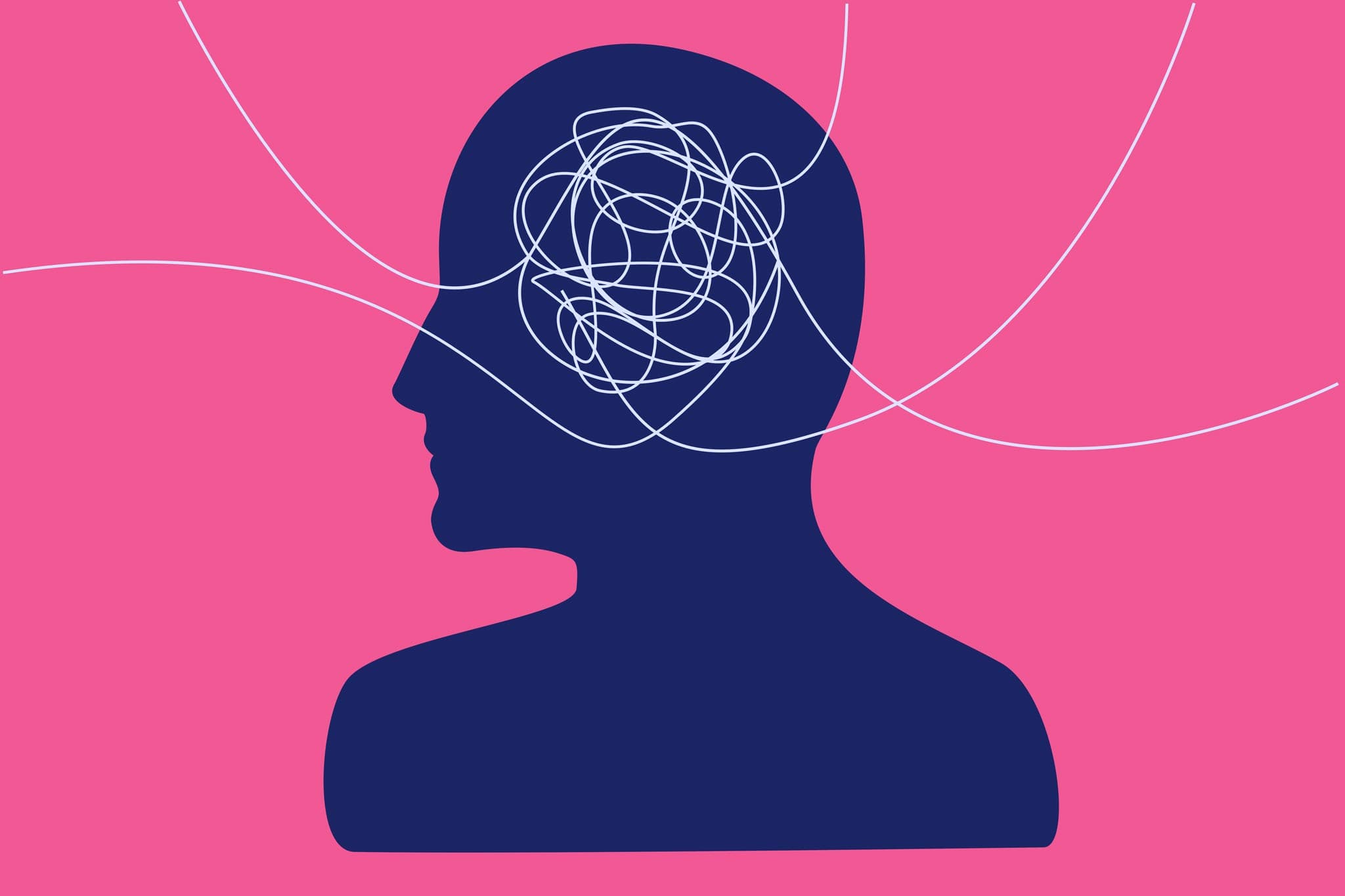Introduction
Mental health is just as important as physical health, yet it often receives far less attention, especially among students. The academic pressures, social challenges, and transitions that characterize the student experience can take a significant toll on mental wellbeing. Understanding this and knowing where to find support is crucial for every student.
The good news is that awareness of student mental health has grown significantly in recent years. Schools, communities, and organizations now offer more resources than ever before. Seeking help for mental health challenges is not a sign of weakness – it's a sign of strength and self-awareness.
Recognizing Mental Health Challenges
Mental health challenges can manifest in many ways: persistent feelings of sadness or anxiety, changes in sleep or appetite, difficulty concentrating, loss of interest in activities you once enjoyed, or withdrawal from friends and family. You might also experience physical symptoms like headaches, stomachaches, or fatigue.
It's important to remember that experiencing some stress or sadness is a normal part of life. However, when these feelings become overwhelming, persist for extended periods, or interfere with your daily functioning, it's time to seek support.
Many students also experience imposter syndrome, perfectionism, or burnout. These challenges, while common, shouldn't be dismissed as just part of the student experience. They're real issues that deserve attention and support.
"Mental health is not a destination, but a process. It's about how you drive, not where you're going."
— Dr. Brené Brown, Research Professor and Author
Campus Mental Health Resources
Most schools offer counseling services for students, often at no cost. These services typically include individual therapy, group counseling, crisis intervention, and sometimes psychiatric services. Don't hesitate to reach out – these services exist specifically to support you.
Many schools also have peer support programs where trained student volunteers provide listening and support. While not a replacement for professional counseling, peer support can be valuable, especially if you're not ready for formal therapy or need someone to talk to between counseling sessions.
Academic advisors, teachers, and school nurses can also be important sources of support. They can help connect you with appropriate resources and, when necessary, provide accommodations to support your academic success while you address mental health challenges.
Resources Beyond Campus
Crisis hotlines provide immediate support when you're in distress. The 988 Suicide and Crisis Lifeline (call or text 988) offers 24/7 support. The Crisis Text Line (text HOME to 741741) connects you with a trained counselor via text.
Online therapy platforms like BetterHelp or Talkspace offer accessible mental health support, though they typically require payment. Some health insurance plans cover these services, so check your coverage.
Community mental health centers often provide services on a sliding scale based on income. Organizations like NAMI (National Alliance on Mental Illness) offer support groups, educational resources, and help navigating the mental health system.
Self-Care and Prevention
While professional support is important for mental health challenges, self-care practices can help maintain your mental wellbeing and support your recovery. Regular exercise, adequate sleep, healthy eating, and stress management techniques like meditation or journaling can make a significant difference.
Build and maintain social connections. Isolation can worsen mental health challenges, while supportive relationships can be protective. Make time for activities you enjoy and that help you relax, whether that's art, music, sports, or spending time in nature.
Set boundaries and learn to say no. It's okay to prioritize your mental health over academic or social obligations when necessary. Taking care of yourself isn't selfish – it's necessary for your long-term wellbeing and success.
Moving Forward
Prioritizing your mental health is one of the most important things you can do as a student. It's not just about managing challenges when they arise – it's about building resilience and developing healthy coping strategies that will serve you throughout your life.
Remember that seeking help is a sign of strength, not weakness. Everyone faces challenges, and everyone needs support sometimes. You don't have to navigate mental health struggles alone – resources and people who care about you are available to help.
Your mental health journey is unique to you. What works for others might not work for you, and that's okay. Be patient with yourself, stay open to different forms of support, and remember that recovery and wellbeing are possible. You deserve to feel better, and help is available when you're ready to reach out.



